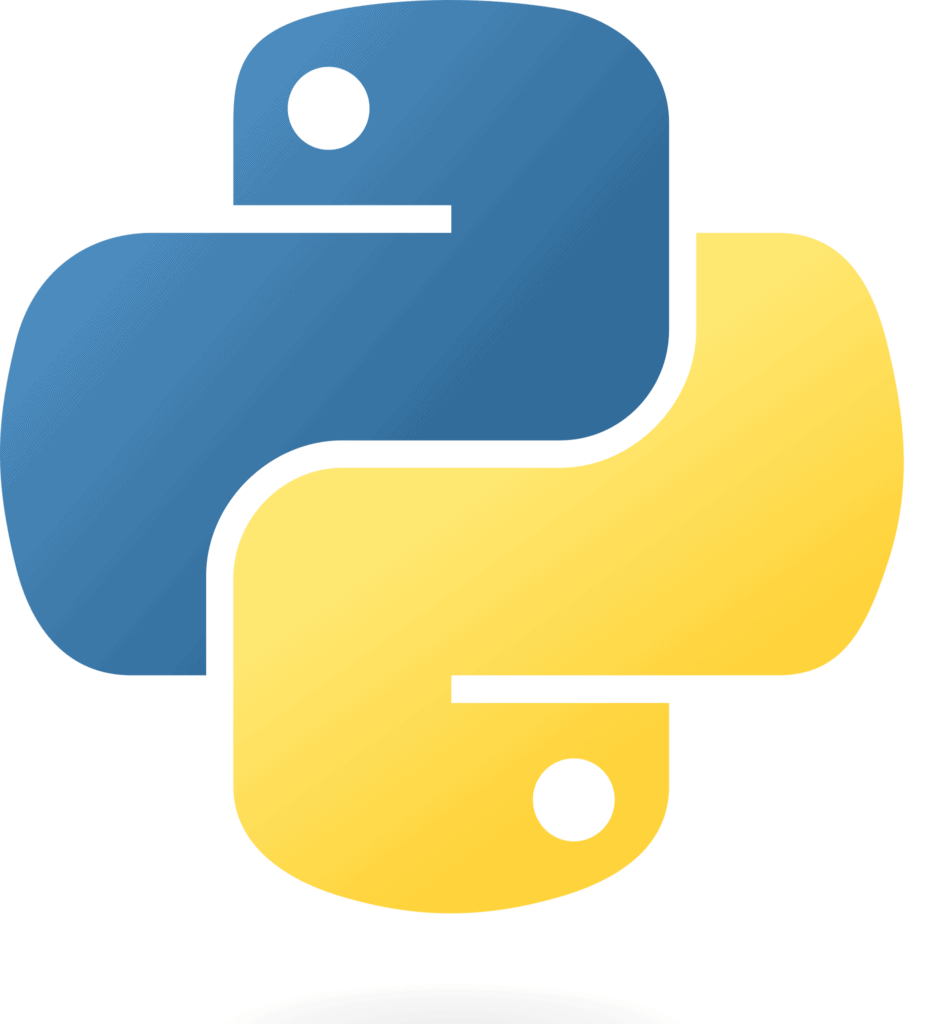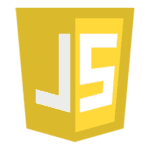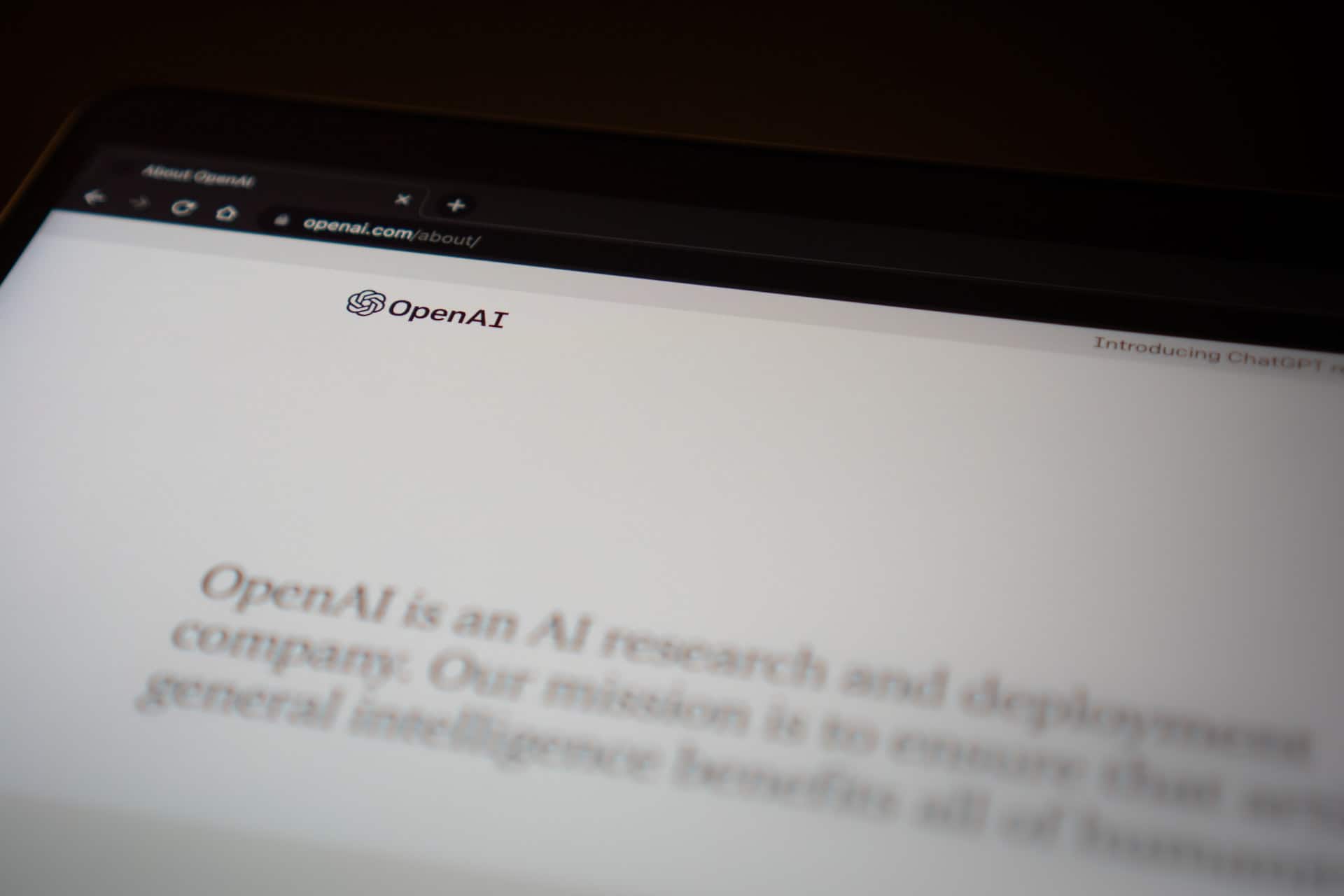The development and deployment of AI software and services continues to grow at an unprecedented rate. AI is transforming industries, ranging from healthcare, finance, transportation, and retail, among others. The advancement of AI technology has created endless possibilities, and businesses of all types are seeking to harness this potential to remain competitive.
Which AI programming language is the easiest to use?
Currently, Python is one of the most popular programming languages for AI and machine learning due to its readability, simplicity, and vast libraries. Python has a relatively low learning curve, making it an excellent choice for beginners. It also offers a wide range of libraries and frameworks such as TensorFlow, Keras, and PyTorch that simplify complex tasks like image and speech recognition, natural language processing, and computer vision.
Is AI coding especially difficult to learn?
Learning AI programming languages can be challenging; it is a rapidly evolving field, and new algorithms and methodologies are being developed all the time. Yet, programming AI can be easier in some ways because there are many libraries and frameworks available that can simplify complex tasks like Machine Learning (ML) and Natural Language Processing (NLP).
Ultimately, whether AI is more difficult than other kinds of computer programming depends on the specific task and application. For example, developing an AI algorithm for image recognition may require more advanced mathematical concepts than building a simple, AI web app.
Is it possible to learn AI without coding at all?
Yes, it is possible, but it will impose some limitations. One approach is to use pre-built AI models and tools that don’t require coding, such as platforms and services that offer drag-and-drop user interfaces. These tools can help developers get started with AI and to gain an understanding of how different algorithms work, but they may have limitations in terms of the complexity and scalability of the solutions that can be built with them.

The 10 Most Popular AI Languages in 2023
There are no shortage of options when it comes to AI coding today, but here are the 10 most frequently used languages:
1. Python
Python is one of the most popular programming languages for AI development due to its simplicity, readability, and vast libraries. Python requires less code than other programming languages, making it efficient and productive for AI development. It is commonly used for data processing, NLP, and computer vision.

2. Java
Java is suited for AI development due to its ease of use, debugging capabilities, and ability to simplify large-scale projects. Java’s Virtual Machine Technology enables developers to create a single version of an app that can be run on other Java-based platforms.

3. Julia
Julia is designed for high-performance scientific computing, including machine learning and numerical computing. It excels at handling data analysis and comes with many packages — like Metalhead, MLJ.JL, Turing.JL, and Flux.JL — that include the necessary tools to build and train AI models effectively.

4. Lisp
Lisp is commonly used for symbolic reasoning and other AI applications, such as NLP and robotics. It is known for its flexible syntax and is used in the development of expert systems and intelligent agents. Lisp is a smart option for any project requiring frequent modification of code, rapid prototyping, or dynamic development. Grammarly, a popular, AI-powered writing assistant is built with Lisp.

5. R
R is a programming language used for statistical computing and data analysis. It is widely used for ML, data mining, and data visualization, and it has a variety of packages, such as the caret package, that provide tools for developing and tuning machine learning models. It also supports learning libraries like MXNet, and with built-in graphic and data modeling support, R allows developers to work on deep learning models with ease.

6. Rust
Rust is a systems programming language that is a good choice for developing AI applications that require high-speed computation and real-time processing. Rust is also known for its memory safety and thread safety features. Those features are a big part of why the use of Rust is rapidly becoming common in AI development and scientific computing projects.

7. JavaScript
JavaScript is a scripting language that is widely used for web development, but it is also useful for web-based AI applications, chatbots, and NLP applications. Thanks to plentiful available libraries, such as jQuery, React.js, and Underscore.js, JavaScript facilitates faster AI development than many other languages.

8. Prolog
Prolog is a declarative programming language used for symbolic reasoning and rule-based AI applications, such as NLP and expert systems. Prolog is based on logical programming and is used for applications that require complex reasoning. IBM’s Watson, an enterprise NLP AI service, was built with Prolog.

9. Scala
Scala is a programming language that combines object-oriented programming (OOP) and functional programming. It is used in the development of AI applications, particularly in large-scale distributed systems. Scala is known for its speed and scalability, which is why it was used in the development of Apache Spark, a popular big data processing framework. It is supported by Scaladex, a library of Scala resources and tools, and offers features such as pattern matching, high-performance functions, flexible interfaces, and browser tools.

10. Haskell
Haskell is a functional programming language that is used for developing AI applications that require complex algorithms and mathematical modeling. Haskell is known for its type safety and concurrency features, making it an ideal choice for developing AI applications that require parallel processing.

Stay connected to the Unosquare blog for more helpful guides to modern software development, and get in touch today if you need added support for your next project from our experienced and talented development professionals.



